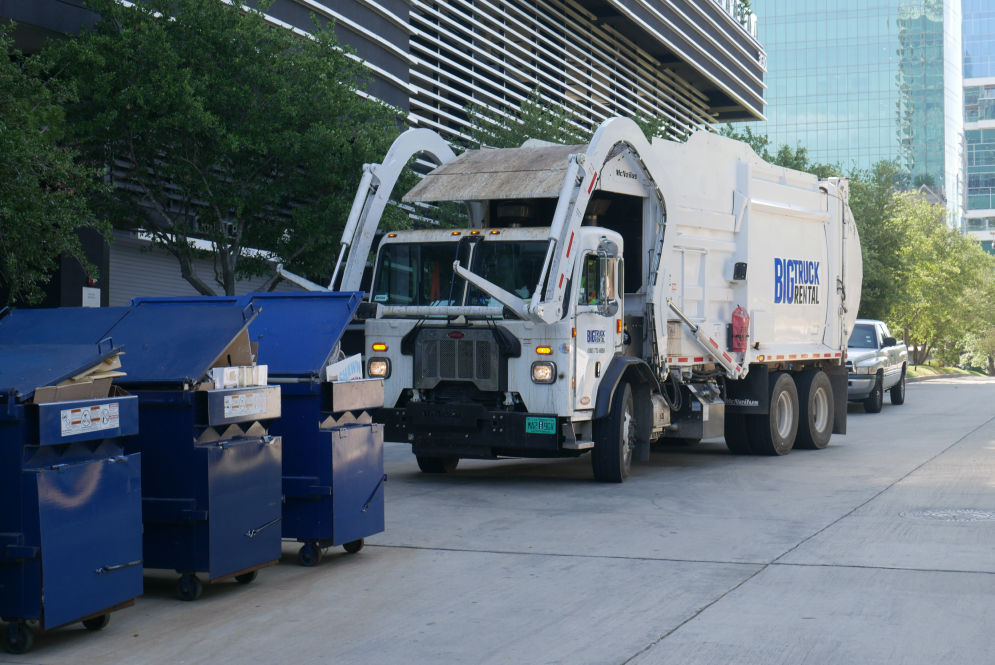Table of Contents:
- Introduction to Waste Management
- Front-Loader Garbage Trucks Overview
- Key Features and Advantages
- Environmental Impact and Efficiency
- Safety Considerations
- Challenges in Waste Management
Introduction to Waste Management
Waste management is a fundamental component of urban infrastructure, vital for maintaining the cleanliness and sustainability of cities worldwide. As urban centers expand and populations grow, the volume of waste produced increases exponentially, making efficient waste management critical. Historically, methods ranged from primary landfill usage to more sophisticated systems utilized today. The evolution reflects a growing awareness of environmental impacts and the need for sustainable practices.
In this context, the front load garbage truck for sale emerges as a cornerstone of modern waste strategies, offering unmatched efficiency and reliability. These machines have transformed waste collection processes by combining technology with practicality, resulting in streamlined operations that address the demands of contemporary urban environments.
Front-Loader Garbage Trucks Overview
Front-loader garbage trucks are specifically engineered to rapidly collect high-volume waste from large containers. Utilizing powerful lifting arms, these trucks deftly elevate empty dumpsters at commercial sites, depositing refuse into the spacious rear collection area. This design is optimal for expansive waste collection routes, minimizing downtime and maximizing operational throughput. Compared to rear and side loaders, front loaders offer a balance of power, efficiency, and capacity tailored for commercial use and dense urban settings.
With these features, front-loader trucks have become indispensable in city waste management departments, helping to maintain order and cleanliness with every pass. The choice of vehicle plays a crucial role in the logistics of waste disposal, optimizing routes and schedules through their design adaptability.
Key Features and Advantages
The appeal of front-loader garbage trucks lies in their expansive list of features. These trucks can efficiently handle massive containers, streamline waste management processes, and reduce operational costs. Their robust build is complemented by technological enhancements such as automation capabilities, which enable a single operator to perform tasks that traditionally require multiple workers. This results in increased productivity and cost-effectiveness within urban sanitation systems.
An often-cited benefit is their role in revolutionizing urban sanitation. By enabling quicker collection, reducing traffic disruptions, and lowering labor costs, they redefine the standards of modern waste management. This transformation allows cities to operate cleaner and more efficient waste disposal frameworks, vital for accommodating future growth.
Environmental Impact and Efficiency
Another significant advantage of front-loader garbage trucks is their alignment with environmental goals. The trucks’ efficient operations translate to fewer collection trips, directly reducing emissions and fuel consumption. Large capacity bins paired with optimized collection routes also lower the carbon footprint. These efficiencies are achieved through broader global efforts to minimize environmental impact while maximizing resource use.
A study on waste collection efficiency highlights the importance of incorporating such environmentally friendly technologies into daily practices. It suggests that tech-integrated front-loaders can achieve notable energy savings, proving that modernization in waste management is essential for sustainable urban development.
Safety Considerations
Safety remains a crucial aspect of operating front-loader garbage trucks. These vehicles have multiple safety features, including advanced rear-view cameras, reliable proximity sensors, and ergonomic designs to enhance operator comfort and control. These technological aids help reduce the risk of accidents, both for drivers and the community at large.
Regular training and strict adherence to established safety protocols are essential to ensure the operation’s security. Training programs aim to familiarize operators with the latest technologies and best practices, emphasizing a safety culture permeating every aspect of waste management.
Challenges in Waste Management
Despite the advantages presented by modern garbage trucks, waste management systems face significant challenges. Regulatory changes often require fleet operation adaptations or waste processing method variations. Additionally, variations in waste composition and an ever-changing waste stream necessitate ongoing adjustments in techniques and tools. Rising public consciousness about environmental issues also places additional pressure on waste management entities to deploy cleaner, more efficient methods.
Addressing these challenges requires continuous innovation and adaptation, focusing on scalable solutions that accommodate current and future needs.




